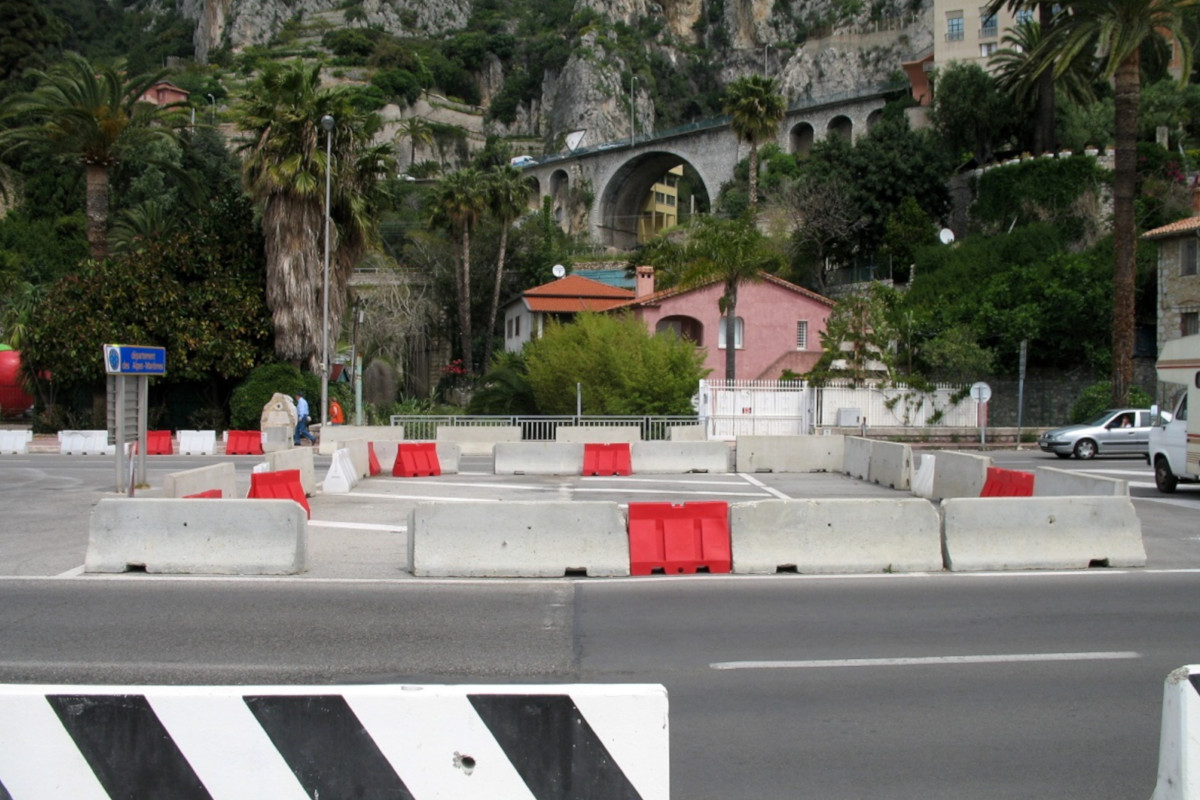News
Launched in 1999 and updated regularly, Statewatch News includes our own reporting and writing as well as articles, announcements, documents and analyses from elsewhere on civil liberties, EU policies and state practices. You can receive updates in your inbox by signing up to our mailing list, or use our RSS feed to get instant alerts.

USA: Mass biometric data-gathering border rule withdrawn, but database construction continues
A statement from Mijente and Just Futures Law on the repeal of a rule introduced by the Trump administration allowing the mass collection of biometric data from immigrants entering the USA. However, this change "only stops the rollout of flawed legal justification for mass collection of our biometric information, not its practice nor plans to expand it."

EU: Tracking the Pact: Council papers on common asylum procedure and "voluntary return and reintegration"
Two recent Council documents: a consolidated version of the text of the proposed Asylum Procedure Regulation, currently being discussed by the Council's Asylum Working Party; and a discussion paper on the strategy on voluntary return and reintegration, recently published by the European Commission.

EU-USA: "Sensitive" European Commission information note on cross-border access to electronic evidence
A recent note produced by the European Commission, marked "sensitive" and not intended for distribution outside of the Council of the EU or European Parliament, sheds a sliver of light on the "state of play of negotiations of an EU-US Agreement on cross-border access to electronic evidence".

UNHCR deeply concerned at discriminatory two-tier UK asylum plans, urges rethink
The UNHCR says that the UK government's 'New Plan for Immigration', which seeks to diminish refugee protections, risks "breaching international legal commitments, undermining global refugee cooperation and triggering damaging effects on asylum-seekers who arrive irregularly".

Europol should step up data exchange on "civil unrest", Council Presidency proposes
Europol should exchange information with national authorities "regarding the prevention of violent demonstrations and civil unrest," say a draft set of Council conclusions on "lessons learned" from the pandemic for internal security and law enforcement.

Frontex and lobbying: Executive Director Decision on the Transparency Register
Frontex is to set up a lobbying transparency register to record details of meetings with representatives from the private sector, in accordance with the 2019 Regulation governing the border agency. Statewatch has obtained the Decision of Executive Director establishing the register.

EU: Military Committee plan to ensure input into the "Strategic Compass"
The EU is bolstering its ability to project power abroad. The latest means for doing so is through the adoption of a "Strategic Compass", which is intended to "help strengthen a common European security and defence culture". An internal document obtained by Statewatch shows how the EU Military Committee aims to ensure the views of the "Military Community" are taken into account.

Council of Europe: Anti-torture committee warns against the impact of austerity measures on the conditions of detention in prisons
Alongside the release of its annual report, the Council of Europe’s Committee for the Prevention of Torture has issued a set of minimum requirements for detention in prisons. The requirements are a response to a deterioration in conditions caused by years of austerity measures - and which may be worsened by future cuts introduced in response to expenditure during the pandemic.

Algorithmic discrimination in Europe: Challenges and opportunities for gender equality and non-discrimination law
A study contracted by the European Commission examining how practices of algorithmic discrimination can undermine the rights to equality and non-discrimination, and potential responses.

Illegal detention at the French-Italian border: the State Council washes its hands of the issue
A press release from a group of human rights organisations in response to a decision of the French Conseil d'Etat, which has failed to order the closure of illegal detention facilities at the French-Italian border.

EU: Detention at the borders to increase "voluntary" return of migrants
A new strategy on "voluntary" return and reintegration unveiled by the European Commission at the end of last month notes that the use of detention "can increase the uptake of voluntary returns at early stages of the return process."

Khlaifia sentence: Italy still under scrutiny for violations in hotspots
Five years after the Khlaifia ruling handed down by the European Court of Human Rights (ECtHR), the effective respect of rights in hotspots in Italy is still not guaranteed and needs to be further examined in December 2021. This was decided by the Committee of Ministers of the Council of Europe following violations and critical events reported by ASGI, A Buon Diritto Onlus and CILD.

Pushbacks from Greece to Turkey: Ombudsman's report highlights obstruction of investigations
As part of an ongoing investigation into pushbacks of migrants and refugees from Greece to Turkey, the Greek Ombudsman has issued an interim report summarising the cases examined so far and the response - or lack thereof - of the authorities.

EU: 'Covid Pass': MEPs must prevent surveillance, discrimination and a never-ending certification scheme
The EU's proposed 'Digital Green Certificate' is intended to allow people to prove that they have been vaccinated, recently recovered from COVID-19, or received a negative test result. The aim is to facilitate the return of free movement within the EU. However, 28 human rights organisations, including Statewatch, have written to the European Parliament to warn that they must fix problems with the proposals that mean the certificates could facilitate surveillance, exacerbate discrimination and potentially become a permanent fixture of everyday life.

Mediterranean: European Contact Group on Search and Rescue failing to meet transparency requirements
In response to ongoing deaths in the Mediterranean Sea, the European Commission set up a ‘Contact Group on Search and Rescue’, made up of EU member state authorities. It aims to establish a “structured framework for cooperation at EU level in order to ensure rapid response in case of events at sea as well as maintaining safety of navigation and ensuring effective migration management.” A month after its first meeting, as avoidable deaths and a lack of assistance to vessels in distress in the Mediterranean continue, it is failing to meet its own transparency requirements.

Divestment from the border industrial complex could spur “a politics that protects and upholds the rights of refugees and migrants”
A recent report reveals the largest corporate players in today’s global “border industrial complex” and calls for divestment from the industry, as a way to force states to halt the implementation of harmful border security models.

Italy: Interior ministry’s facial recognition system is unlawful
The deployment of facial recognition technology acquired by the interior ministry for deployment in migration and public order contexts was deemed unlawful in a far-reaching decision by the Italian ombudsman on 16 April 2021.

EU: Tracking the Pact: North Africa a key focus for new "comprehensive" migration deals
Two documents obtained by Statewatch outline the thinking of the Portuguese Council Presidency and the Spanish authorities on how to step up cooperation on migration (in particular on "border management") with Morocco and other states in the region.

Senegal: Biometric population database will facilitate deportations, restricted EU document confirms
The completion of a national biometric population database in Senegal would facilitate the forced removal of more Senegalese citizens from the EU by allowing for a “consolidated” identification procedure, according to a restricted European Commission document obtained by Statewatch.

Europe: Prison population continues to decline, overcrowding remains a serious problem
Imprisonment rates continue to fall, find the latest Council of Europe penal statistics, although the report says this is due to the inability to prosecute cyber-enabled criminal offences rather than a shift away from incarceration as a form of punishment. Drug offences remain the reason for most convictions leading to imprisonment, making up 17.7% of the total prison population. The CoE press release also highlights that overcrowding remains a serious problem in a number of member states.
Spotted an error? If you've spotted a problem with this page, just click once to let us know.